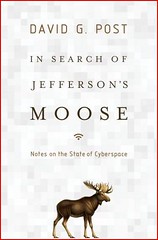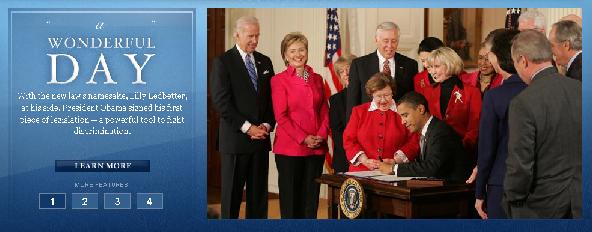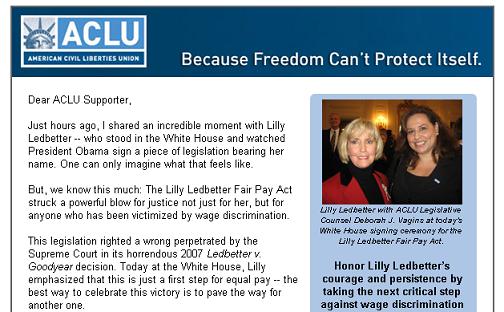I’ve been following President Obama’s early moves on government transparency here on Tech Liberation and on the Cato@Liberty blog.
Last week, Obama’s first broken campaign promise was the pledge to post legislation online for five days before signing it.
Well, the White House is working to address that, but it appears to be doing so with a half-measure that comes up short. On Sunday, the White House blog announced that the SCHIP legislation pending in the Senate was up for public comment. And it is, of course, but it hasn’t passed the Senate yet.
It was implicit in the promise to post bills online for five days prior to signing that the bill posted would be the one passed by the House and Senate and presented to the President.
If the White House were to implement the promised practice of leaving bills sitting out there, unsigned, after they pass Congress, that would have significant effects. The practice would threaten to reveal excesses in parochial amendments and earmarks which could bring down otherwise good bills. President Obama’s promised five-day cooling off period would force the House and Senate to act with more circumspection.
Taking comments on a bill as it makes its way through the House and Senate does not have the same salutary effect. If the White House is trying to start the five-day clock on the SCHIP bill with the posting of a comment page on Sunday, that is not consistent with President Obama’s promise.






 The Technology Liberation Front is the tech policy blog dedicated to keeping politicians' hands off the 'net and everything else related to technology.
The Technology Liberation Front is the tech policy blog dedicated to keeping politicians' hands off the 'net and everything else related to technology.